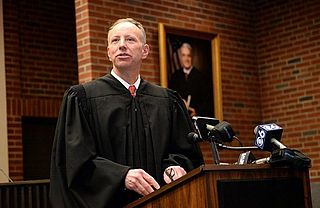A Quote by Shabana Azmi
We live in interesting times. Information overload can make it difficult to sift fact from fiction.
Related Quotes
I do know that if you can name certain things and understand them, it allows you to make better choices. Unfortunately, there's so much misinformation that towers over a person's head, it's really difficult to make the right decisions. Consequently, we just go along because it's way too hard to sift through the information.
I think we are definitely suffering from an information overload, but I believe that there is going to be better and better ways of organizing that information and processing it so that it will enhance your daily life. I just think that technology and information, it's overwhelming at the moment, but it's really going to make life better.
I don't think we should have less information in the world. The information age has yielded great advances in medicine, agriculture, transportation and many other fields. But the problem is twofold. One, we are assaulted with more information than any one of us can handle. Two, beyond the overload, too much information often leads to bad decisions.
I think it was Samuel Johnson who said, "There are two kinds of information in this world: that what you know and that what you know where to get." The tools help the latter, and that's what keeps us from going nuts. The sense of overload comes from the gap between that sudden jump in volume (of information) and the tools we have to make sense of it.



































